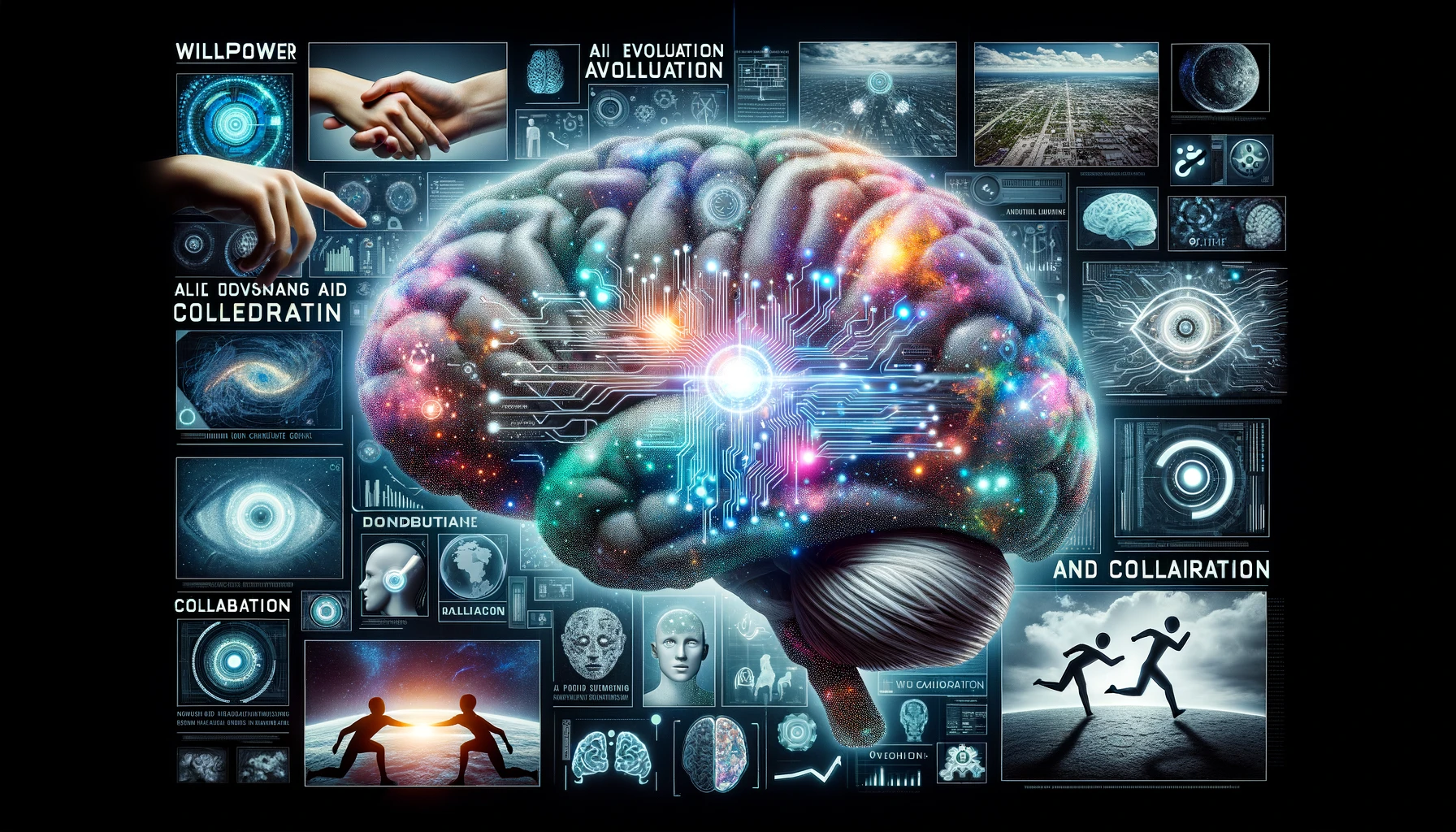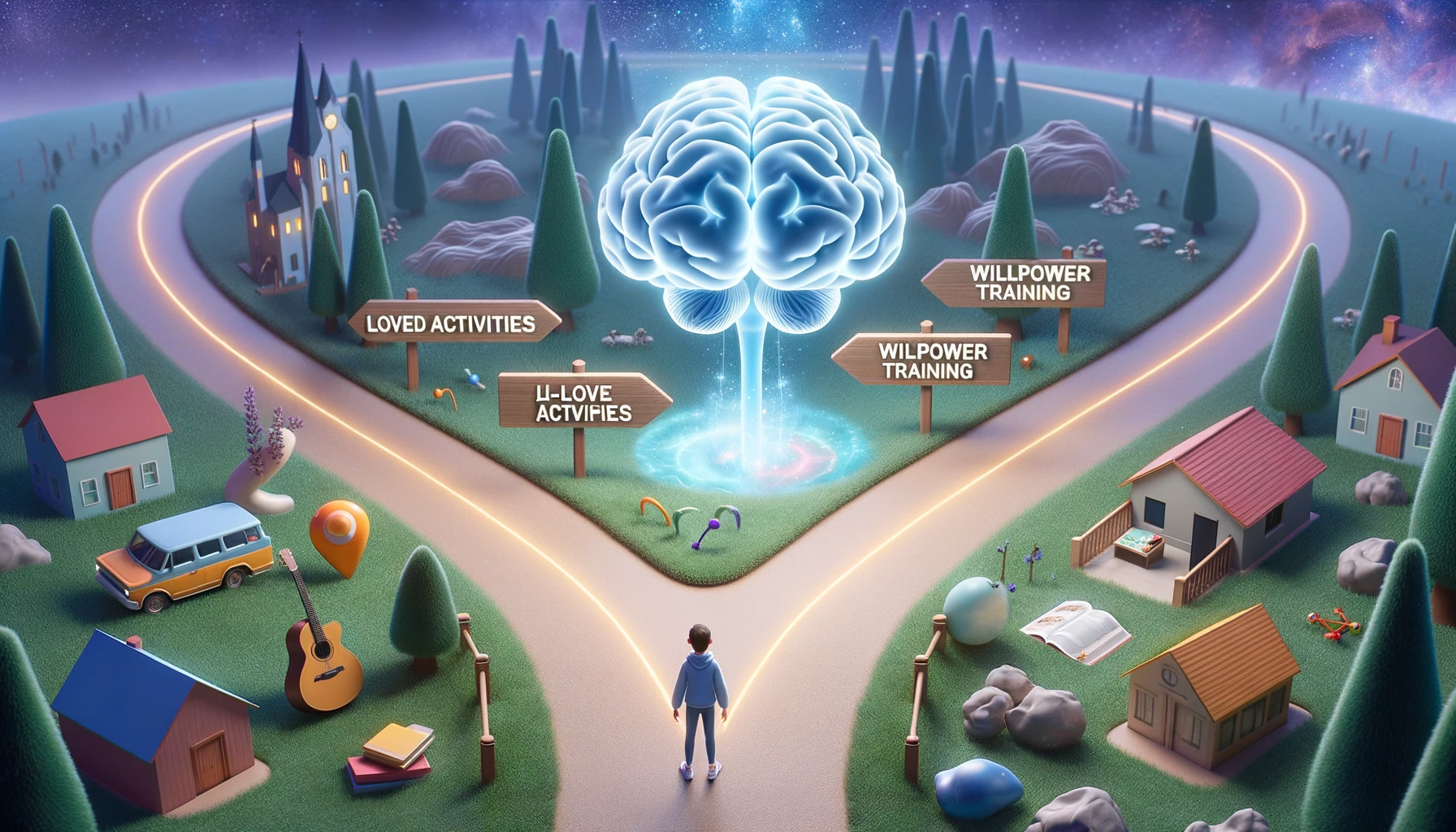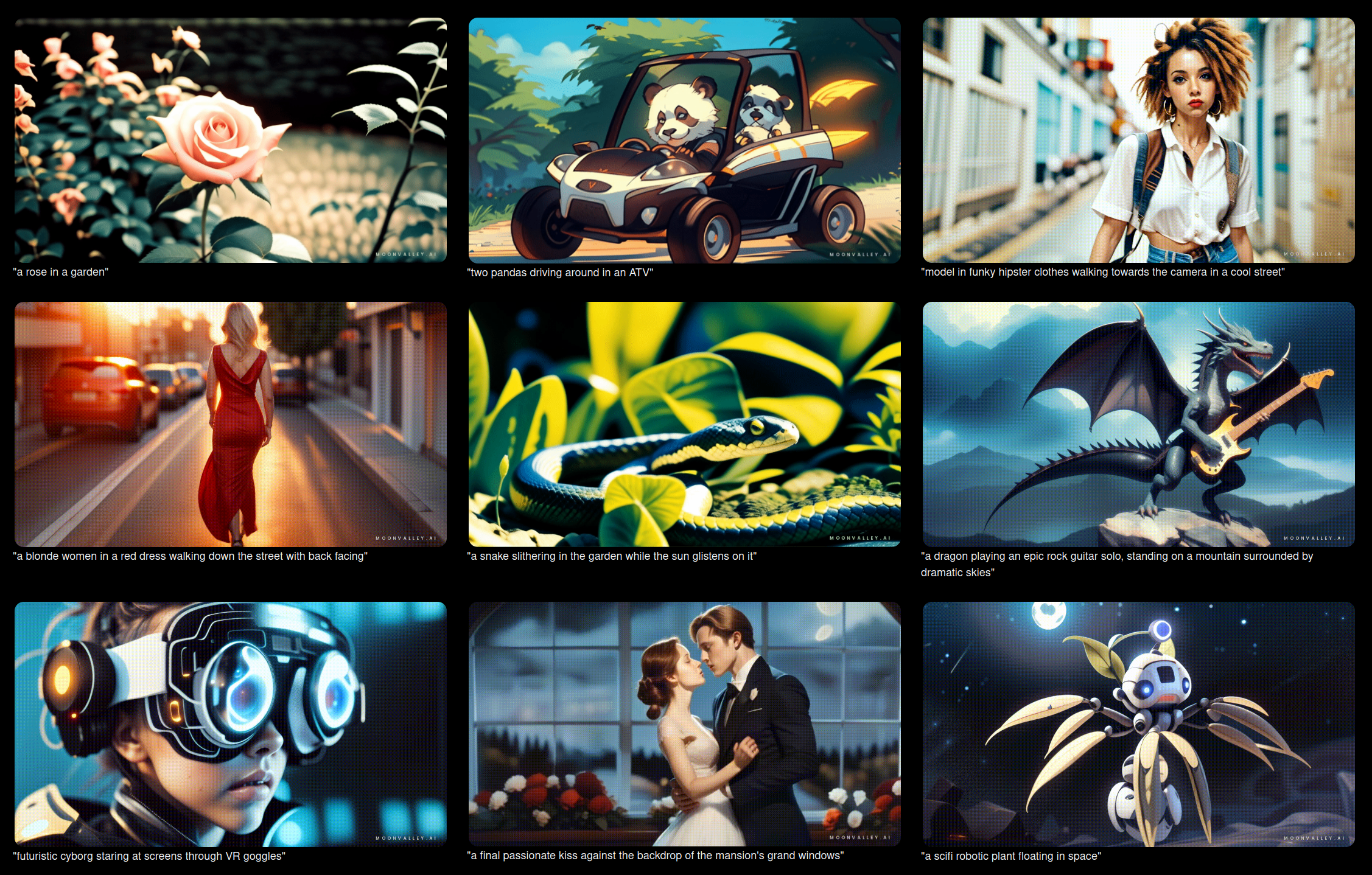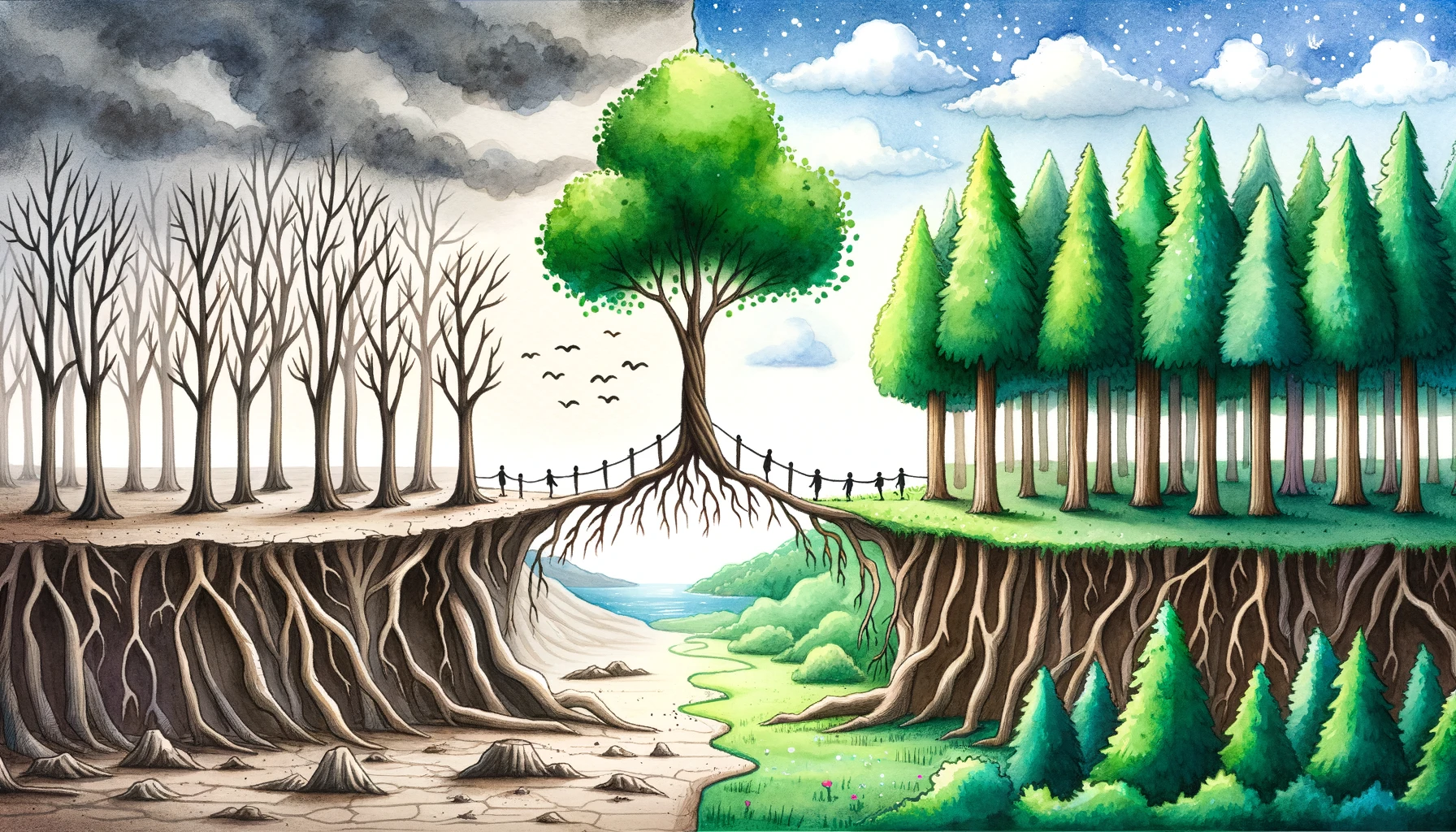The Neuroscience of Willpower, Cutting-Edge AI & Competition vs Collaboration
Dive into the neuroscience of willpower, discover the AI wonders of the week, and ponder on the age-old debate of competition vs collaboration

This week, we unravel the mystery of willpower, showcase cutting-edge AI advancements, and dissect the dynamics of competition and collaboration.
Thing 1 - How to improve willpower

The neuroscience research on willpower makes clear that your Anterior Mid-Cingulate Cortex (aMCC) is a key hub for leaning into undesired effort.
- Andrew Huberman
Err, what?
aMCC is the central brain hub for willpower that governs your ability to lean into tasks or activities you'd rather avoid.
You can activate it and grow it by doing things you don't want to do (but you need to). It's not just doing hard things - you also must not want to do them.
if you love a certain form of exercise or other activity, even if that workout is hard, it’s not going to build willpower
- Andrew Huberman
There are no other hubs for willpower - if you train your aMCC on one thing, it also works on other things. That's good news!
(source)
Thing 2 - AI of the week
- Moonvalley - new text-to-video generative AI model

- Training AI to Play Pokemon with Reinforcement Learning
It's not revolutionary new tech but Peter does a great job relating learning process to humans, and those a tech deep dive at the end.
- Content Credentials reveal "How was it made? Is it AI-generated? When was it created or edited?"
- Adobe MAX 2023 - the creativity conference
Revealed generative fill for video, among other things - Adobe released Firefly 2 for photorealistic image generation
- AudioSep - separate anything you describe from the audio
This will do wonders for karaoke. And so many other use cases... - Scarlet - plans your tasks by splitting them into smaller tasks, and identifying dependencies between tasks - and that's the tip of the iceberg
Thing 3 - Competition vs Collaboration

Competition is low vibration stimulus.
- Rick Rubin
To which Andrew Huberman said:
Amen. And by definition means you’re building (at least in part), according to someone else’s blueprint.
- Andrew Huberman
And that's a great summary of how I feel about "competition vs collaboration".
Competition can serve as an excellent external motivator.
Intrinsic motivation works better. And switching to collaboration, we can do more.
You can use both. And some competition can be positive-sum, such as when competitors learn from each other or cooperate on common goals.
Cheers, Zvonimir